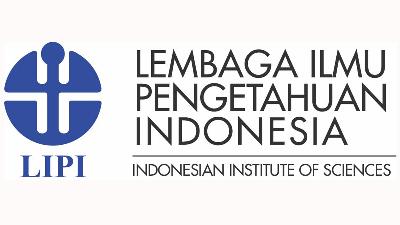Transformational leaders can improve Achievement Motivation and Competence Development to support Nurses Productivity
Abstract
Keywords
Full Text:
PDFReferences
C. R. Swansburg and J. R. Swansburg. (2000). Introduction Management and Leadership for Nurse: An Interactive Text, 2nd ed. Toronto: Jones and Bartlett Publisher.
A. Risambessy, B. Swasto, A. Thoyib, and E. S. Astuti. (2012). “The Influence of Transformational Leadership on Job Satisfaction, Organizational Commitment, and Employee Performance,†J. Basic Appl. Sci. Res., vol. 2, no. 9, pp. 8833–8842.
G. Yukl. (1994). Leadership in Organizations. 3rd Edition. Upper Saddle River: Prentice Hall.
Robbin and Judge. (2015). Perilaku Organisasi, Edisi 16. Salemba Empat : Jakarta.
N. Negussie and A. Demissie. (2013). “Relationship between Leadership Styles of Nurese Managers and Nurses’ Job Satisfaction in Jimma University Specialized Hospital,†Ethiop. J. Health Sci., vol. 23, no. 1, pp. 49–58.
M.-H. Gilbert, V. Dagenais-Desmarais, and F. St-Hilaire. (2017). “Transformational Leadership and Autonomy Support Management Behaviors: The Role of Specificity in Predicting Employees’ Psychological Health,†Leadersh. Organ. Dev. J., vol. 38, no. 2, pp. 320–332.
M. Hussain, S. Akhtar, Inayatullah, M. Afzal, and S. A. Gillani. (2017). “Impact of Leadership Styles on Work Related Stress among Nurses,†Saudi J. Med. Pharm. Sci, pp. 907–916.
F. Borhani, F. Alhani, E. Mohammadi, and A. Abbaszadeh. (2010). “Professional Ethical Competence in Nursing: The Role of Nursing Instructors,†J. Med. Ethics Hist. Med., vol. 3, no. 3.
A. Karami, J. Farokhzadian, and G. Foroughameri. (2017). “Nurses’ professional competency and organizational commitment: Is it important for human resource management?,†PLoS One, vol. 12, no. 11, pp. 1–15.
I. Rizany, R. T. S. Hariyati, and H. Handayani. (2018). “Factors That Affect the Development of Nurses’ Competencies: A Systematic Review,†Enferm. Clin., vol. 28, pp. 154–157.
R. M. Epstein and E. M. Hundert. (2002). “Professional Competence,†JAMA, vol. 287, no. 2, pp. 226–235.
G. Tumulty. (2001). “Educational Needs of Nurse Administrators in the Middle East,†J. Nurs. Adm., vol. 31, no. 7–8, pp. 386–390.
D. O. Almutairi. (2016). “The Mediating Effects of Organizational Commitment on the Relationship between Transformational Leadership Style and Job Performance,†Int. J. Bus. Manag., vol. 11, no. 1, pp. 231–241.
S. A. Hozni, M. Hakkak, H. Vahdati, and A. H. Nazarpoori. (2019). “Nursing Leadership Competency Learning-an Integrative Review,†Futur. Med. Educ. J., vol. 9, no. 4, pp. 46–54.
Refbacks
- There are currently no refbacks.

This work is licensed under a Creative Commons Attribution 3.0 License.
Supported by :


 Indexed by :
Indexed by :




